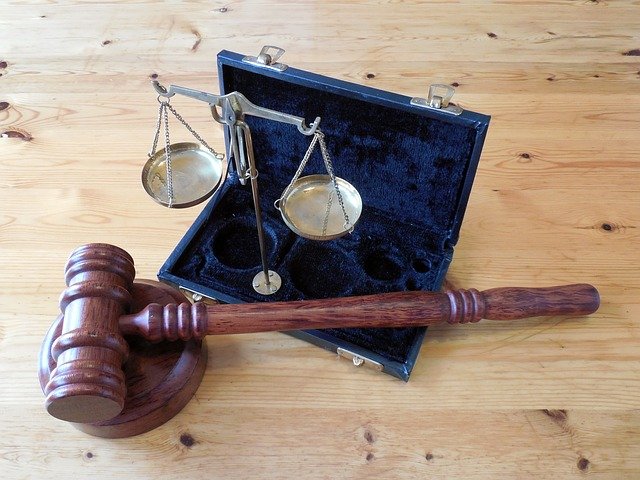There are many reasons landlords should regularly review their contracts. Laws and regulations change, and so you should update your contract in line with new expectations. However, it isn’t just about what is legal – there are also such things as unfair clauses. For professionalism, it’s worth revisiting.

Defining an Unfair Clause
An unfair clause in your rental contract is one that unfairly disadvantages your tenant or tenants. It becomes illegal when it takes away their legal rights – you cannot ask for consent to remove their legal rights. It can also impose unreasonable restrictions on their activity or requires them to carry out duties that are unreasonable.
You should be aware of the two pieces of legislation that cover this – the 1999 Consumer Contract Regulation, and the 2015 Consumer Rights Act. Both apply to any contractual arrangement – not just retail purchases, but also to rental tenants.
Examples of an Unfair Term
If you’re unsure whether your contract contains unfair terms, here are some common examples:
- Zero notice property access: Although you are the property owner, the tenant has a right to quiet enjoyment. There is no legal time limit, but the landlord should give plenty of notice
- Replace damaged old equipment with new: The regulations state “like for like” – the value of old equipment reduces over time and so they may purchase second-hand equipment
- Removal of any equipment at any time: If the equipment (white goods, furniture) is included in the agreement, you may not remove it unless you intend to replace it
If you’re unsure, you could seek professional services that write or review terms or look online – there is plenty of free advice out there too.
Further, the inclusion of unfair terms in contracts could go against you should a court case arise.

Defining Fairness in a Lettings Contract
For tenancy agreements to be considered fair, they must be reasonable, not subject to change that would inconvenience them, and be easy to understand. The main aim is to define rights and responsibilities of bath parties.
A good example of a fair term is that some parts of the property will be inaccessible – so long as this isn’t areas that they need to live, this is fair. Examples include a shed where you keep maintenance equipment, or any lockup. A loft is a grey area. They may need to get up there in some circumstances.
The best rule of thumb is to treat people how you would want to be treated. If you feel it would be unfair for someone to place such a restriction on you, then it is probably unfair for others too.